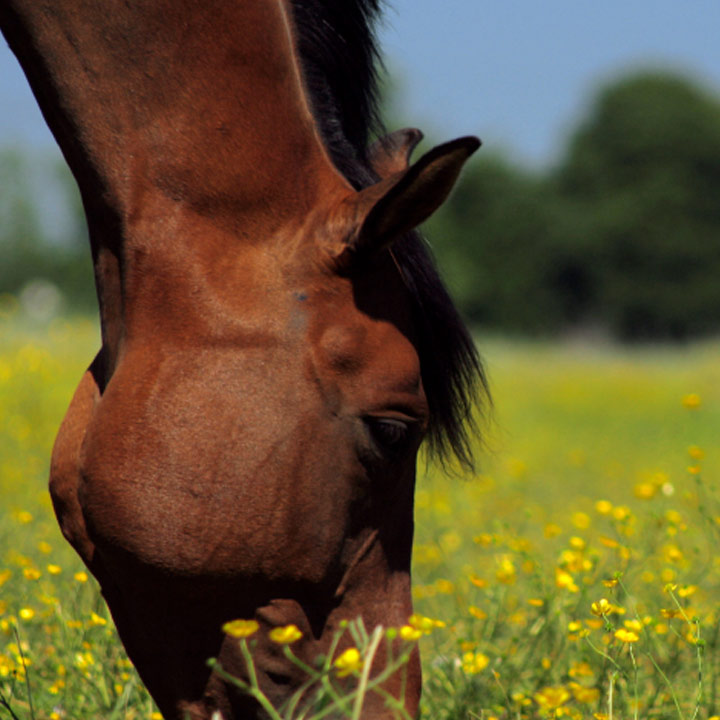As horse owners, we are custodians of the welfare of future generations of horses and ponies. One of the most important responsibilities we have in this role is to educate ourselves on how to deworm responsibly. By making informed decisions about dewormer use, we can protect the health of our horses while safeguarding the effectiveness of treatments for years to come.
The SMART worming approach is aligned with the latest scientific advice and makes it simple for you to transition from routinely using dewormers to adopting a more informed and sustainable strategy. Through risk assessment and appropriate testing, you can personalize your horse’s treatment schedule and ensure they only receive dewormers when truly necessary.
This not only supports the wellbeing of your horse but also reduces the risk of parasites developing resistance to dewormer ingredients, preserving their effectiveness for future generations. Together, we can make a meaningful difference by choosing sustainable practices that protect equine health for decades to come.









